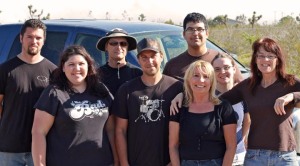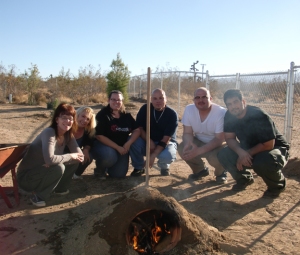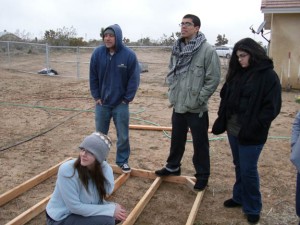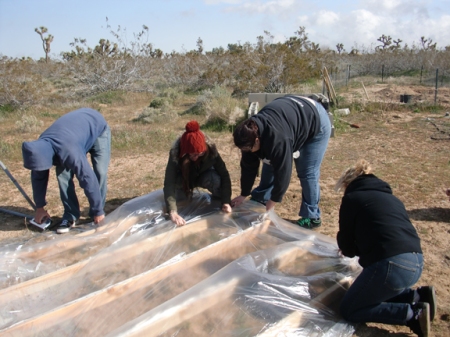I’ve been thinking about community and what it means to me lately. I have been called a community educator. I’d maybe prefer being called someone who has established a community learning center on her farm. Does the farm day group constitute a small community? Maybe. Some of the participants tell me it does. That is encouraging.
I’m not alone in wondering. Many of us in the United States are not sure what a sense of community is. When I was young, back in Ohio, I had some sense of community. The South End. The Church. Neighbors and friends. Vague for sure. Inherent in the search for “community” are parochialism, racism, and misogyny, all masquerading as regionalism and as community.
Many people have been scarred by joining totalist spiritual communities and many have experienced brutal politics tearing down their efforts to build community. Personal politics among communities of practice, including within the intentional community movement, have soured some people on the possibility of creation of any strong, supportive, and encouraging sense of community; even the sadness that emanates from deeply dysfunctional family groups leads many people to despair of ever finding any life-affirming sense of community.
Centuries of hyper-individualism have caused many Americans to mistrust or to not know how to touch any true sense of community. Those who may have lifestyles conducive to more interdependence (e.g., farmers, ranchers) sometimes end up settling for a shallow kind of community. There has been a bleak side to the American agrarian ideal which has been not only racist and ethnocentric, but exploitative of minorities, women and children.
Some are able to forge a sense of community that is deeper, more meaningful, and resilient. Indigenous and traditional communities around the world may be beset by similar problems, although, in general, their lifeways may be the world’s best models for people living sustainably with the land and in community.
Maybe people could begin a movement toward community by examining what their local cultural commons are, how to access them, and how to encourage their maintenance. We could begin by investigating racist, sexist, ageist, classist, ethnocentric, or other exclusionary or prejudicial elements that exist in our cultural commons. For me, that would begin with the farm day events.
More to follow…



